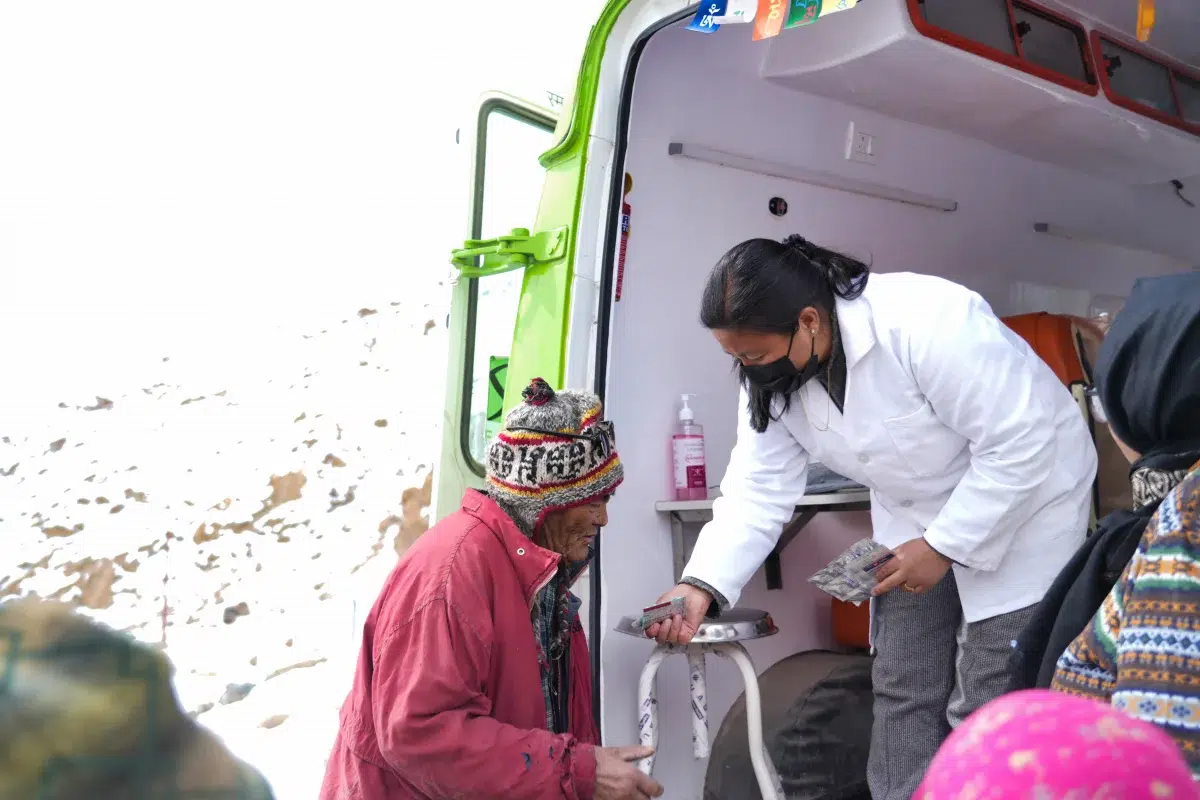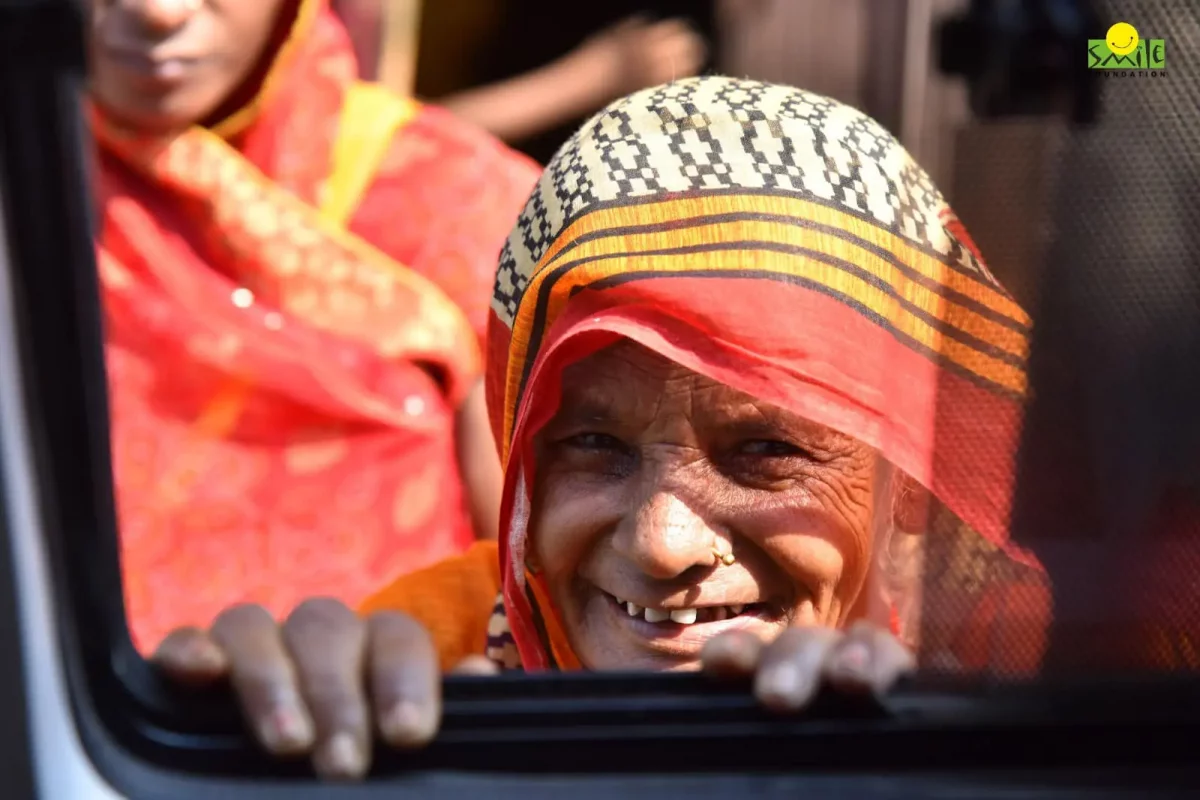As winter sets in, Delhi and its neighbouring regions are often enveloped in a dense layer of smog, causing the Air Quality Index (AQI) to deteriorate to hazardous levels. With the air quality becoming so poor that it is commonly compared to “breathing in air equivalent to smoking 50 cigarettes a day or living in a gas chamber.”, the only thing which gives a slight ray of hope is to see people wearing masks, while households and office spaces are stocked with hand sanitizers, masks and antibiotics.
Such initiations reflect of how today communities have adjusted their lifestyles to adopt health measures aimed at preventing illness. It serves as a prime example of Preventive Healthcare, which focuses on encouraging individuals to adopt practices that reduce their likelihood of falling ill, while also alleviating the burden on medical infrastructure.
Healthcare and Preventive Healthcare– Difference?
At first glance, Healthcare and Preventive Healthcare, may seem synonymous, but they differ significantly in their scope and objectives. Healthcare is a broad field that encompasses prevention, treatment, and management of illnesses, alongside the preservation of both mental and physical well-being through medical services provided by doctors, nurses, and allied health professionals.
“Preventive Healthcare”, on the other hand, is a distinct branch of medicine that primarily focuses on promoting health and preventing disease in individuals considered to be ‘healthy.’ This approach typically involves interventions aimed at large populations with the goal of preventing the onset of illness and improving overall well-being. The field gained momentum with the advent of the germ theory of disease and the discovery of disease-causing agents. Additionally, advancements in laboratory techniques for early detection have significantly enhanced the effectiveness of preventive measures.
Universal Healthcare: A Global Imperative
Universal healthcare is recognised as a fundamental human right and a global responsibility. As outlined in Target 3.8 of the Sustainable Development Goals (SDGs), the aim is to realign healthcare systems using a Primary Health Care (PHC) approach—making them more inclusive, equitable, cost-effective, and efficient, thereby improving the physical, mental, and social well-being of communities.
Challenges in Healthcare
Despite ongoing efforts to extend universal healthcare coverage, marginalised communities in many regions continue to face significant barriers, such as poverty and unequal access to quality healthcare. In 2021, it was estimated that approximately 4.5 billion people worldwide were still excluded from essential health services. Mamta Murthi, Vice President for Human Development at the World Bank, notes, “We know that achieving universal health coverage is a critical step in helping people escape and stay out of poverty, yet there continues to be increased financial hardship, especially for the poorest and most vulnerable people.”
In India, healthcare challenges are particularly pronounced for low-income families, especially in remote areas where access to functional hospitals, well-trained healthcare professionals, and affordable medical treatment remains limited. These barriers often prevent individuals from seeking timely medical care, resulting in severe deterioration of health. In some cases, families are forced to sell assets, such as agricultural land, to afford the cost of treatment.
Preventive Healthcare in India- Step forward
Over the years, India’s healthcare system has undergone significant transformation, adapting to the evolving dynamics of society, technological advancements, and changes in the lifestyle of Indian communities. The Government of India, has implemented several healthcare schemes aimed at addressing the challenges faced by marginalised communities, with a particular focus on providing quality healthcare.
Key initiatives include Ayushman Bharat, the **National Health Mission (which encompasses the National Rural Health Mission and National Urban Health Mission), and a specific focus on strengthening Reproductive-Maternal-Neonatal-Child-Adolescent Health (RMNCH+A), along with the prevention and management of both communicable and non-communicable diseases (NCDs) have brought a sigh of relief to many lives who are now able to access healthcare, while also nurture their own and their communities life healthier with healthy habit awareness and medical resources.
Why Preventive Healthcare is Crucial in India?
The current state of India’s healthcare system presents both significant opportunities and considerable challenges. On the one hand, India is globally recognised for its accomplishments in the medical field, such as the rapid development of vaccines during the COVID-19 pandemic and the growth of medical tourism, driven by high-quality treatment and world-class healthcare professionals. However, to achieve the goal of universal healthcare, it is crucial that marginalised populations are also integrated into these advancements.
In this context, Preventive Healthcare emerges as an ideal solution to improve health outcomes in both rural and urban areas across India. The benefits of preventive healthcare in India are far-reaching and can substantially enhance quality of life by:
-Extending Lifespan
By addressing health issues before they progress, preventive measures can significantly increase life expectancy.
– Reducing Treatment Complications
Early intervention lowers the likelihood of complications during treatment, ensuring better health outcomes.
-Lowering Medical Costs
Preventive care is typically far more cost-effective than treating advanced illnesses, helping reduce overall healthcare expenditure.
-Saving Lives through Timely Detection
Early diagnosis and proactive care can prevent many health conditions from becoming critical, thereby saving lives.
These benefits highlight the transformative potential of preventive healthcare in creating a healthier, more sustainable future for India.
Smile For Preventive Health
For over two decades, Smile Foundation’s flagship health programmes—Health Cannot Wait and Smile on Wheels—have been dedicated to implementing the principles of Preventive Healthcare for socio-economically disadvantaged communities across India. By fostering strong relationships at the grassroots level, we have been able to identify the unique health challenges these communities face and adapt to the digital transformations necessary to improve access to quality healthcare.
With more than 100 Smile on Wheels- mobile healthcare units, we are able to reach some of the most remote and underserved areas of the country, delivering essential healthcare services to those who would otherwise be inaccessible. As a social care organisation, we ensure that our health interventions are inclusive, accessible, affordable, and driven by technology, helping underserved communities move closer to the security of universal healthcare.
The COVID-19 pandemic provided us with invaluable lessons, offering opportunities to further enhance our healthcare interventions. In 2021, with the support of Health CSR initiatives, we expanded our telemedicine services. Through sustained efforts, we have now established an advanced telemedicine ecosystem that goes far beyond standard video consultations. Our platform enables healthcare professionals to conduct a variety of tests, including 40 different diagnostic procedures, monitor the heartbeat of a foetus, and even perform dermoscopy.
Smile Foundation is steadfast in its belief that through collaborative efforts, we can strengthen India’s healthcare system and, most importantly, empower those in need by providing the right awareness and support to safeguard the health of individuals and entire communities. Our CSR partnerships, for Healthcare, aim to address all aspects of health, utilising technology to reach diverse communities across the country. Moreover, we are committed to building sustainable frameworks that not only promote but actively practise preventive healthcare, ensuring that every individual receives the care they deserve. By doing so, we can collectively contribute towards achieving Universal Health Care—making it not just a goal, but a fundamental part of daily life and the future of our nation.




